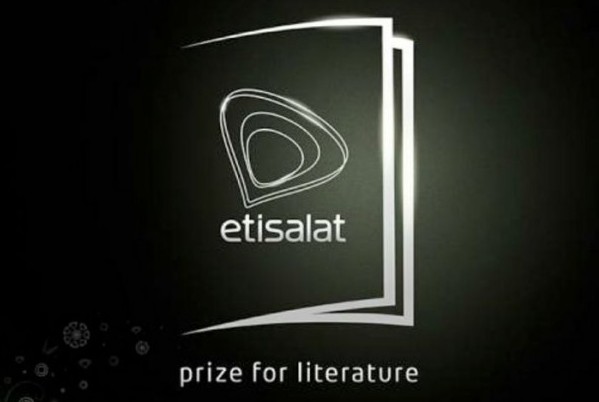
By Abubakar Adam Ibrahim
I have been disenchanted by talent shows in which the results are largely determined by public votes ever since a former state government official confessed that they had done everything within their power, at the expense of the state, to ensure that a contestant from the state won a competition. The fact that the contestant wasn’t necessarily the best, and this too he admitted to, was irrelevant to him and his state’s ‘Agenda’.
So when I woke up on the morning of October 1 to a deluge of private messages from friends and acquaintances on social media asking me to vote for their entry in the Etisalat Prize for flash fiction, I was inundated by some conflicting sentiments.
At first I was pleased that something that brings writers and readers into the same digital space, with literature at its centre, and gives the readers the opportunity to determine which stories they consider the best based on their own parameters was going on.
I became alarmed however when the messages persistently conveyed a sense of desperation from the writers sending them out, they were begging, pleading, and coercing. I would have voted for several stories but for certain considerations. The principal one being that I have a fundamental quarrel with the idea of having writers being reduced to the almajiri mentality, begging for a coin here, a loaf of bread there, a vote here and there. I think writing, as a noble art, should have some measure of decorum to go with it, or at least, it should confer this on the practitioners of the craft.
Secondly, I was dismayed by some of the stories I read and it became clear to me, and to many other readers as well, that most of these 400 stories put up for votes, have not gone through any sort of process that will present only the best for the readers to read. It is inconceivable that readers will read 400 stories in order to determine which ones deserve their votes. To expect this of the reader is a great injustice to them and to the contestants. This, I am sure, is not the intention of the administrators of the prize. It is an oversight and it should be addressed.
It is only fair that the system be fair to the voters and contestants as well. Expecting a writer with 100 friends on Facebook to square up to one who has 2,000 in the largely chaotic battlefield that the prize has created is comparable perhaps to Achebe pitting Okonkwo against the British Colonial phenomenon.
The consequence, sadly, is that the focus shifts from literature, which is what the prize really should be about, to social media clout – a popularity contest if you like.
Shakespeare probably never had the charms of Checkov, but it never detracted from his accomplishments as a writer. Writing competitions should be about writing.
Having played a small part in the Writivism programme championed by Ugandan writer Brian Bwesigye that used a similar model in Uganda, I am certain that there is room for improvement in the Etisalat model. Despite the habitual moans that accompany prizes and their awards, it is fair to say it was reasonable of the Writivism administrators to put in place a process that whittled down the entries to a shortlist of five, which were then opened to voting. The votes only formed a percentage of the points awarded to each writer and the judges controlled a large percentage of these points. Etisalat can improve on these. They could also improve on the technical details especially concerning how many times an individual can vote. As it is now, anyone could dedicate the whole day to vote for a single story a thousand times. A desperate writer could recruit a team dedicated to doing this in his or her favour. Not to mention the possibility of hackers rigging the system in favour of certain contestants. Such things are easy to do for those with the skills.
I understand how difficult things have been for writers, and how any glimmer of hope will attract many writers, but there is a level to which we must never allow ourselves descend.
This is not a condemnation of the Etisalat Prize, as I am very excited they are coming onboard with this fantastic intervention. I will, in fact, be happy to support and contribute to it. And here is my first contribution: This prize can be done better; it ought to be done better. Etisalat’s reputations deserves better. Writers too deserve better.
About the Writer:
 Abubakar Adam Ibrahim is the author of the short story collection, The Whispering Trees (Parresia Publishers, Lagos, 2012). He is a Gabriel Garcia Marquez Fellow and won the BBC African Performance Prize in 2007. He lives in Abuja, Nigeria.
Abubakar Adam Ibrahim is the author of the short story collection, The Whispering Trees (Parresia Publishers, Lagos, 2012). He is a Gabriel Garcia Marquez Fellow and won the BBC African Performance Prize in 2007. He lives in Abuja, Nigeria.








Angela November 13, 2016 13:30
He's very correct! My story was accepted and I perfectly can relate to this article Haha, I've been begging, pleading for "a coin here and a loaf of bread there" Even now. https://prize.etisalat.com.ng/flash-fiction/voteall.php?id=401